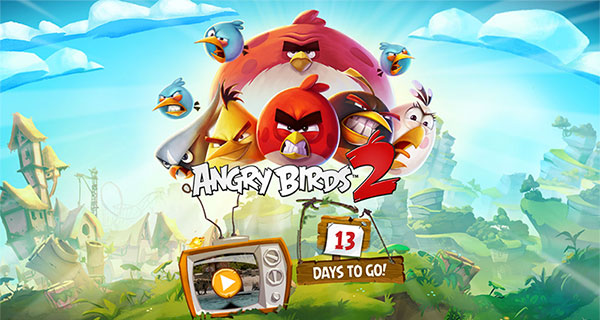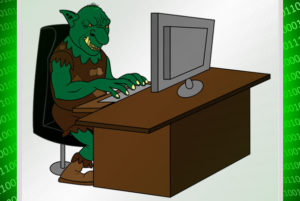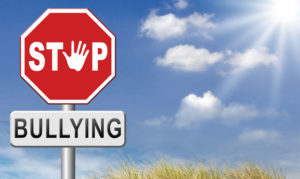Six years and more than a dozen spinoffs after Angry Birds first took flight, the game finally will receive a proper sequel on July 30, Rovio announced last week.
The details are scant, but Angry Birds 2 apparently will be “bigger, badder and birdier,” going by a tweet from Rovio.
Rovio hasn’t specified if Angry Birds 2 will launch on both Android and iOS, but the company indicated that the game will hit “app stores,” plural. Exclusivity could hurt a company that’s still searching for it’s next massive hit.
The first entry in the Angry Birds series won the hearts of critics, casual and core gamers alike. While times have changed, along with the fortunes of Rovio, the franchise’s longevity indicates the sequel may win the support of current fans and even attract more, said Ted Pollak, Jon Peddie Research senior analyst for the games industry.
“Angry Birds’ popularity has persisted long enough that it’s bordering on becoming an evergreen franchise,” he told TechNewsWorld. “As long as Rovio continues to make quality versions of an historically popular game, success amongst its fan base is likely, and with a good possibility of drawing in new users.”
Still, Rovio has been after more than just another base hit, as its revenues have tapered quarter after quarter. It wants a home run.
The Sequel
Not every sequel succumbs to the sophomore curse; Rovio has had 15 games to hone its craft ahead of Angry Birds 2.
Market conditions are right. Mobile revenues were up 20 percent, year over year, in June, and Bethesda’s “Fallout Shelter,” — supposedly a marketing tool for Fallout 4 — just smashed Candy Crush Saga on iOS charts, raking in US$5.1 million in its first two weeks, according to a report from SuperData Research.
While the health of the mobile market offers promise — it amassed $317 million in June revenues — Rovio’s own figures over the past three years suggest that fans have had their fill of birds cooked 15 ways, said Rob Enderle, principal analyst for the Enderle Group.
Its 16th variation on the original Rovio recipe could struggle.
“Sequels can do better than original games, so there is a chance,” Enderle told TechNewsWorld. “Interest in Angry Birds has waned over the years, though, making it unlikely in this case.”
Adjusting Its Trajectory
About two years into the release of Apple’s first smartphone, Angry Birds launched exclusively for the platform. Rovio raked in about $10 million dollar in revenue in Angry Birds’ first year, and by the end of 2010, it had released an Android version of the game.
The company’s revenues increased by about 963 percent, once the game was available on both Android and iOS. From there, however, Rovio’s revenues have been on a downward trajectory.
Seeking to keep the wind beneath its wings, Rovio began to borrow licenses for popular properties, most notably Star Wars, and moved into merchandising.
Still unhappy with the company’s performance, Rovio’s board replaced Mikael Hed as CEO at the start of this year. Rovio’s 2014 earnings before interest and taxes were down about 73 percent from the previous 12-month period, the company reported in March.
Rovio likely will make it’s best case for the Angry Birds franchise when it debuts at the end of this month. Consumers will play judge and jury.
“If it is successful, it shows Rovio can build a sustainable market,” Enderle told TechNewsWorld. “If it isn’t, they effectively become a one-shot wonder and folks will write them off. So it is critical to their future that their next version is a hit.”




















































